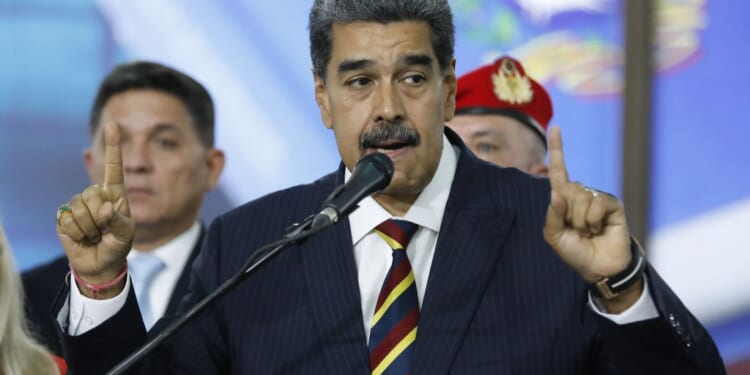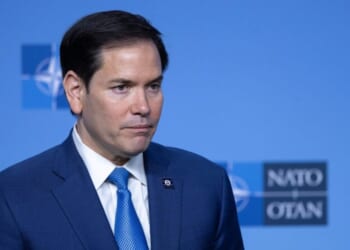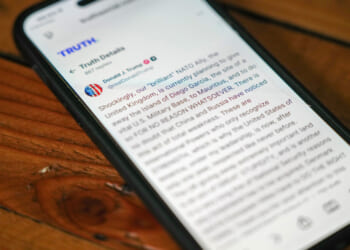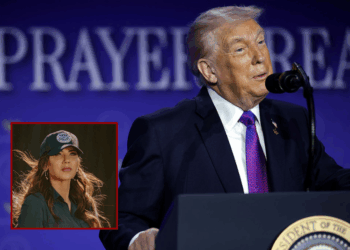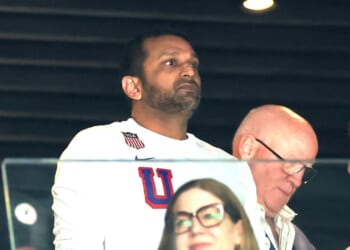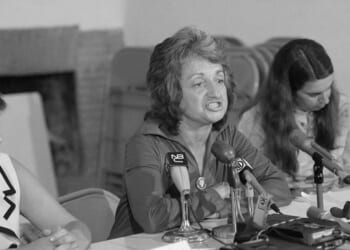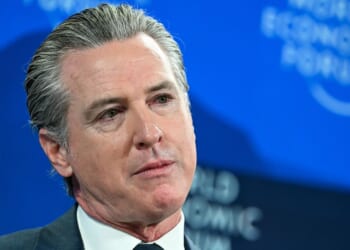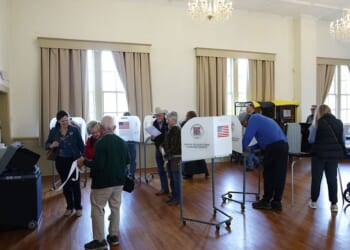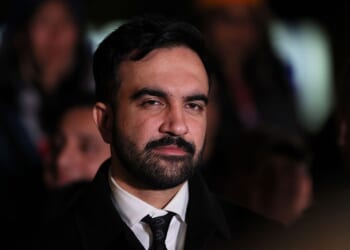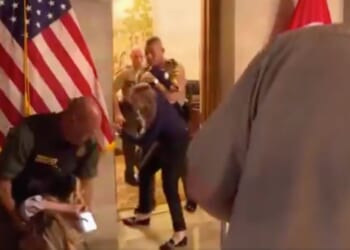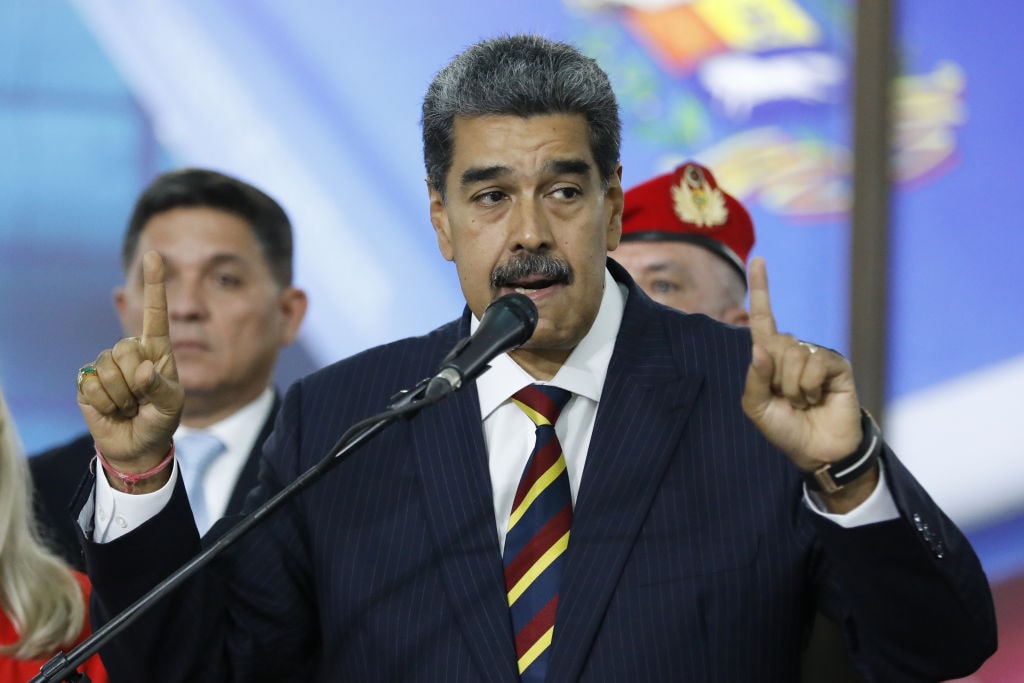
US president puts tactical pressure on Venezuela in a drug war.
There is nothing like a US aircraft carrier strike group on your doorstep to get your attention. Venezuelan President Nicolás Maduro has noticed. The Venezuelan leader has sent several messages, both official and unofficial, indicating a willingness to talk and seeking to reduce the tension between the United States and Venezuela. One of President Donald Trump’s first diplomatic efforts was to send Envoy for Special Missions Richard Grenell to Caracas on Jan. 31 to negotiate the return of Venezuelans in this country illegally.
US Naval Presence a Message to Maduro
Since late summer, the Trump administration has been building its naval presence in the Caribbean. As of this writing, there are five guided-missile destroyers, two guided-missile cruisers, one amphibious ready group with three amphibious warships, and the USS Gerald Ford aircraft carrier with approximately 75 aircraft on board. Approximately 12,000 personnel are in the Caribbean naval deployment code-named Operation Southern Spear.
With this show of force, the United States is taking the war on drugs to the drug traffickers in a dramatic way. According to Reuters, Maduro has “offered to engage in direct talks with the administration of US President Donald Trump days after the first US strike on a boat from the South American country that Trump says was carrying drug traffickers.” Since then, the Navy has struck a total of 25 “go-fast” vessels, including one semi-submersible, and has killed 83 narco-terrorists operating the boats.
Although no person-to-person engagements have taken place between Grenell and Maduro since January, the US special envoy met with Venezuelan representatives in May, with no resolution to the significant issues separating the two nations. First, the United States has designated Maduro a drug trafficker with a $50 million bounty for facilitating the Venezuelan president’s capture and extradition to the United States. During a 60 Minutes interview, when asked if Maduro’s days are numbered, Trump responded, “Yes. I would say yes.” Second, Trump conditions his willingness to talk to ending the flow of drugs from Venezuela to the US; however, Maduro maintains there is no truth to the drug trafficking charges. This claim is at variance with all of the evidence to the contrary. That alone could be a showstopper.
In light of these impediments to useful discussions, Trump abruptly ceased all diplomatic conversations in October. Attacks on drug-thugs in fast boats have continued. Shortly after Operation Southern Spear commenced, Maduro sent a letter in September to President Trump denying Venezuelan involvement in major drug trafficking with an offer to re-engage with Grenell. That was not the answer Trump was looking for, since there is a preponderance of evidence that the drug routes in the Caribbean have an origin in Venezuela. The United States Department of State Bureau for International Narcotics and Law Enforcement Affairs International Narcotics Control Strategy Report observed, “Traffickers rely on direct maritime routes from the Venezuelan and Colombian coasts, using ‘go-fast’ boats to reach remote areas off the DR’s [Dominican Republic] southern coast.”
US Land Attack on Venezuela Unlikely
There has been talk among the Washington, DC, policy wonks about preparations for a land attack on Venezuela, and Trump did not foreclose that option in talking with the press on board Air Force One. When asked about an attack, Trump explained, “I made up my mind … I can’t tell you what it is, but we made a lot of progress with Venezuela in terms of stopping drugs from pouring in.” A land attack that was limited to drug transshipment facilities or large distribution centers would be difficult to contain. The Venezuelan military would have something to say about that. Such attacks would rapidly escalate, calling for US reinforcements, and the conflict would rapidly get out of hand. The fight would go from destroying drug infrastructure to a larger battle for survival.
The United States, as it stands, is achieving a tactical win against Maduro and his sycophantic followers by methodically taking out individual drug-runners. There is little need to expand to a ground conflict. The presence of the US warship armada just outside Venezuela’s territorial waters is a constant reminder that the Trump administration is serious about curtailing Maduro’s drug business. Eventually, one of two things will happen: The drug cartels will run out of volunteers for the drug runs, or the drug cartels will run out of boats. Either way, Venezuela’s drug business will be significantly imperiled.
The views expressed are those of the author and not of any other affiliate.
Liberty Nation does not endorse candidates, campaigns, or legislation, and this presentation is no endorsement.

